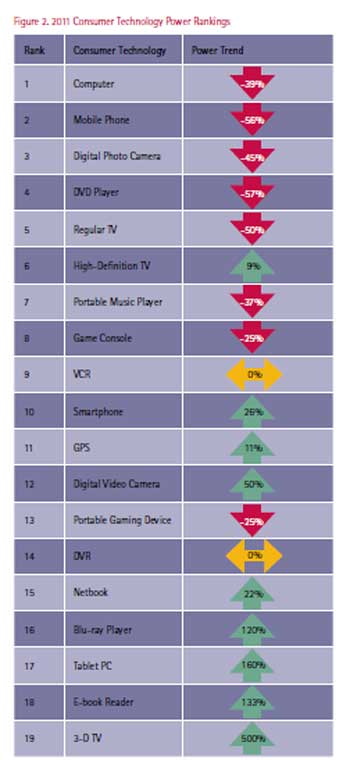PC shipments are falling, and fast. Microsoft’s new Windows 8 operating system was not enough to save PC manufacturers from a disappointing holiday season in 2012, and the quickly rising tablet market is beginning to cut out PC sales for consumers who would use them for only simple tasks, such as email and web browsing.
While this is bad news for PC manufacturers, it may not be quite as bad for component manufacturers. New numbers out from analyst firm Jon Peddie Research show that the manufacturers of gaming hardware are weathering the onslaught of tablets. The firm found that the global gaming hardware market has declined to just $17.8 million in 2013, down slightly from 2012’s 18.368 million. It also predicts that the gaming hardware business will rise in the coming years, reaching over $20.7 million in 2016.
“Not only is gaming becoming an even more important purchasing influence of PC sales due to the offloading of more basic functionality to smart devices, but we are forecasting growth in the most expensive discrete graphics products,” said Jon Peddie, president of Jon Peddie Research. “We are also impressed with the embedded graphics offerings this generation and going forward.”
The research firm went on to state the obvious – that no other platforms, especially tablets, can outperform PCs when it comes to gaming graphics. Even with new video game consoles coming in just a few short months, the analysts predict that PC’s “precision and power” will overcome the new console’s display and control limitations.
“The effect that key titles have on hardware sales is phenomenal,” said Ted Pollak, senior gaming analyst at Jon Peddie Research. “Enthusiast PC gamers embrace content creation and modding, so when titles like Bohemia Interactive’s ARMA 3 are in the pipeline, we start to see anticipatory hardware sales. In fact, we are estimating over $800 million of PC builds influenced primarily by this title. A major component of this situation is that many games are placing increasing demands on the CPU. The result is that swapping out the graphics add-in board is not enough this time around and gamers are building (and ordering) overclocked PC’s from the ground up.”










 No twisting of words or misinterpretations took place here. John Herlihy, Google’s vice president of global ad operations, simply said at University College Dublin’s Digital Landscapes conference, "In three years’ time, desktops will be irrelevant."
No twisting of words or misinterpretations took place here. John Herlihy, Google’s vice president of global ad operations, simply said at University College Dublin’s Digital Landscapes conference, "In three years’ time, desktops will be irrelevant."